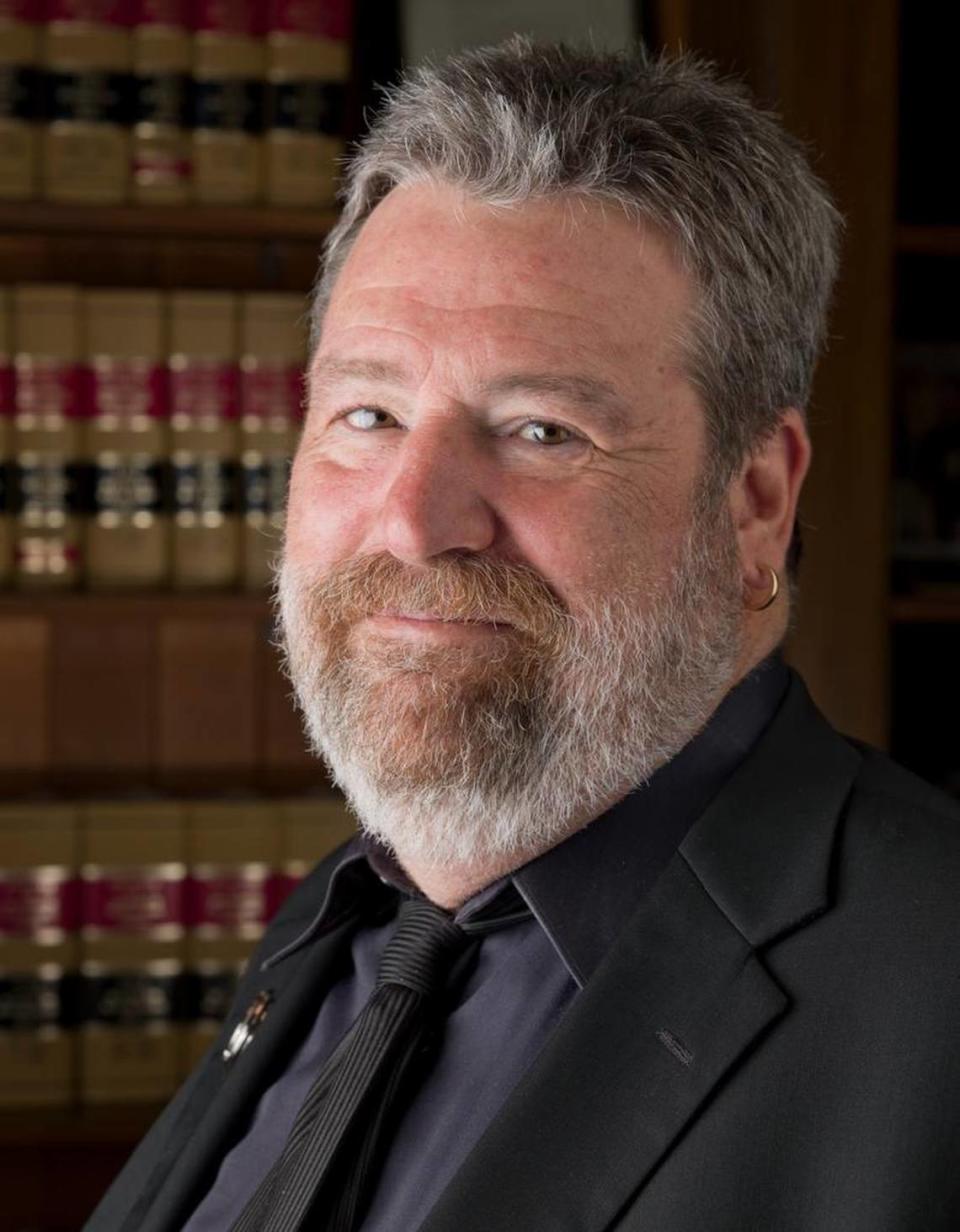Frank Fat’s: Serving delicious food and political discretion for 80 Years
When Frank Fat’s restaurant opened in 1939 at the site of a shuttered speakeasy two blocks from the California State Capitol, America was still two years away from entering World War II. The Great Depression left people with no money and Chinese laborers were not welcome under the Chinese Exclusion Act. But against all odds, its namesake immigrant founder succeeded with a humble recipe:
“You give people good food, a nice place to eat it in and make them happy. Pretty simple, really,” Frank Fat once said.
It wasn’t anywhere near that easy.
Dong Sai-Fat was born in 1904 in a small village near Canton, China. He came to America in 1919 as Wong Bing-Yuen using fake immigration papers. He returned to China in 1924 and married Yee Lai-Ching, “Mary,” a stranger until their arranged wedding day.
Despite her privileged upbringing, Mary labored long hours in a Sacramento cannery to support her growing family, while Frank grew the business along with his equally jovial “Number One Son” Wing, turning friends into loyal customers, in higher and higher places.
While Fat’s is nationally acclaimed for its cuisine by Zagat, Michelin and the James Beard Foundation, much of the restaurant’s public legacy is rooted in California politics. Proximity to the Capitol, and knowing that what happened at Fat’s stayed at Fat’s, created a congenial atmosphere that smoothed the sharp edges of political differences.
A newbie legislator’s introduction to Sacramento by seasoned statehouse denizens inevitably included a visit to Fat’s, where not-so-secret lobbyist benefactors might even pick up the tab. At least that’s how it was 60 years ago.
Opinion
All that makes Frank Fat’s an institution, which the Merriam-Webster dictionary defines as “something or someone firmly associated with a place or thing.” And a “firm association” clearly implies that in order to be an institution, something or someone has to be around for a while.
At four score years, Frank Fat’s has that requisite longevity. All 12 of the Golden State’s governors since the restaurant’s opening in 1939 have spent time at Fat’s. Frank sipped whiskey in the chambers of former Gov. Earl Warren after he became chief justice of the United States Supreme Court. When he was a bachelor in the 1970s, Jerry Brown routinely mooched late night meals with the kitchen staff.
Frank Fat died in 1997 and was eulogized by then-Gov. Pete Wilson, who patronized Fat’s as a young Assemblymember in the 1960s. Gov. Deukmejian dined at Wing’s home, and Gov. Schwarzenegger was introduced to Sacramentans at a raucous party in Fat’s parking garage.

Of course, governors didn’t stop venturing into Fat’s after its founder’s death and Wing’s passing in 2005. Earlier this summer, the Fat clan and Gov. Gavin Newsom, First Partner Jennifer Siebel Newsom and their four kids broke fortune cookies at the restaurant that Frank built.
Countless lawmakers, whose names are lost to time, were habitués of Fat’s – cutting deals, counting votes or celebrating legislative losses or victories at tables in the bar or, if more privacy was needed, a booth in back. And retired U.S. Supreme Court Justice Anthony Kennedy recently savored a meal there when he returned to his hometown for a visit.
Institutions aren’t just places. They’re also people, as Webster’s says. Fat’s has always been a family-run restaurant. Frank’s youngest son, Jerry Fat, is now the CEO. His grandson, Kevin, is chief operating officer. Kevin’s mom, Lina, directs the food operations.
Starting with Frank and Mary Fat, their extended family has been steadfastly involved in not just the original restaurant and its progeny but also Sacramento at large. Frank faced discrimination, as did his children – one needed a note from a realtor to move into a Sacramento neighborhood whose covenants didn’t allow Chinese families.
But Frank Fat was more prone to act than get angry. The Chinese Community Service Center of Sacramento, supported by the Fat family, helps new immigrants and refugees. Frank helped found the Chinese American Council of Sacramento, still a voice for the Chinese American community after more than 30 years. Wing Fat and his wife, Chee, provided the seed money to start the Sacramento Asian Sports Foundation, a recreation and community complex for young and old to come together.
Institutions don’t survive unless they grow and change. Plenty of other Sacramento “institutions” were around for a long time but are now no more. Prices are slightly higher than the original Fat’s 25-cent lunches and dinner entrees priced at 50 cents. Menu offerings have changed with evolving tastes. A street party attended by 4,000 celebrated Frank’s 80th birthday – and a major remodel of the 806 L Street interiors.
As term limits shortened the length of time legislators had to get to know one another and partisanship smothered congeniality, it got easier to make a reservation at Fat’s. Greater media scrutiny of legislative after-hours activity drove lawmakers to other venues farther away from the Capitol and the prying eyes of the then-large press corps.
But Frank Fat’s endures and now, partly because of a downtown arena just blocks down L Street, it’s not so easy to walk in and get seated – even if you’re the governor or one of the many friends of the many members of the extended Fat family.
A yellowed invitation to a holiday long, long ago – Christmas dinner, $2 – says it all: “Times change and we with them but not in ways of friendship.”
Greg Lucas is the California State Librarian

